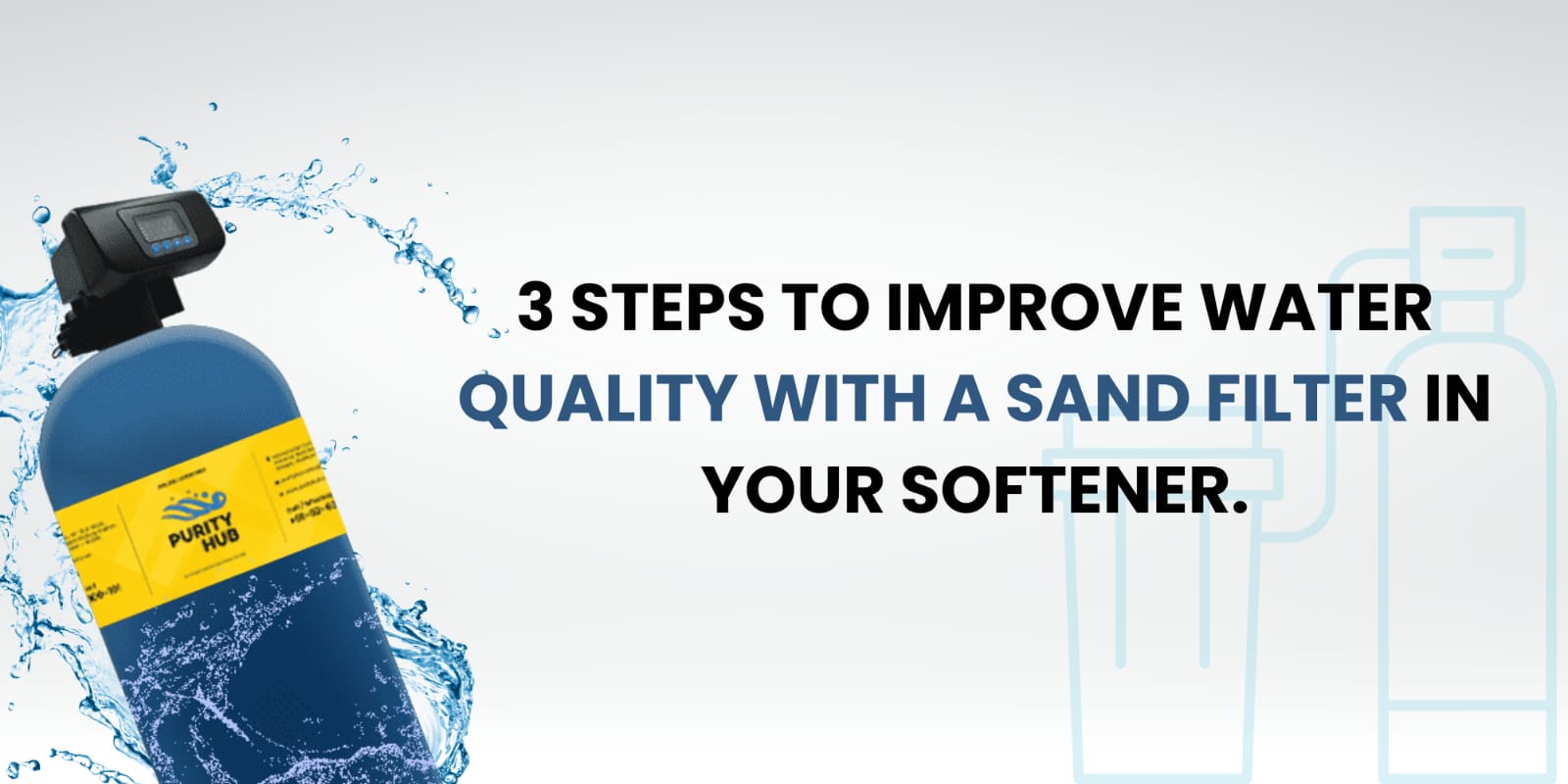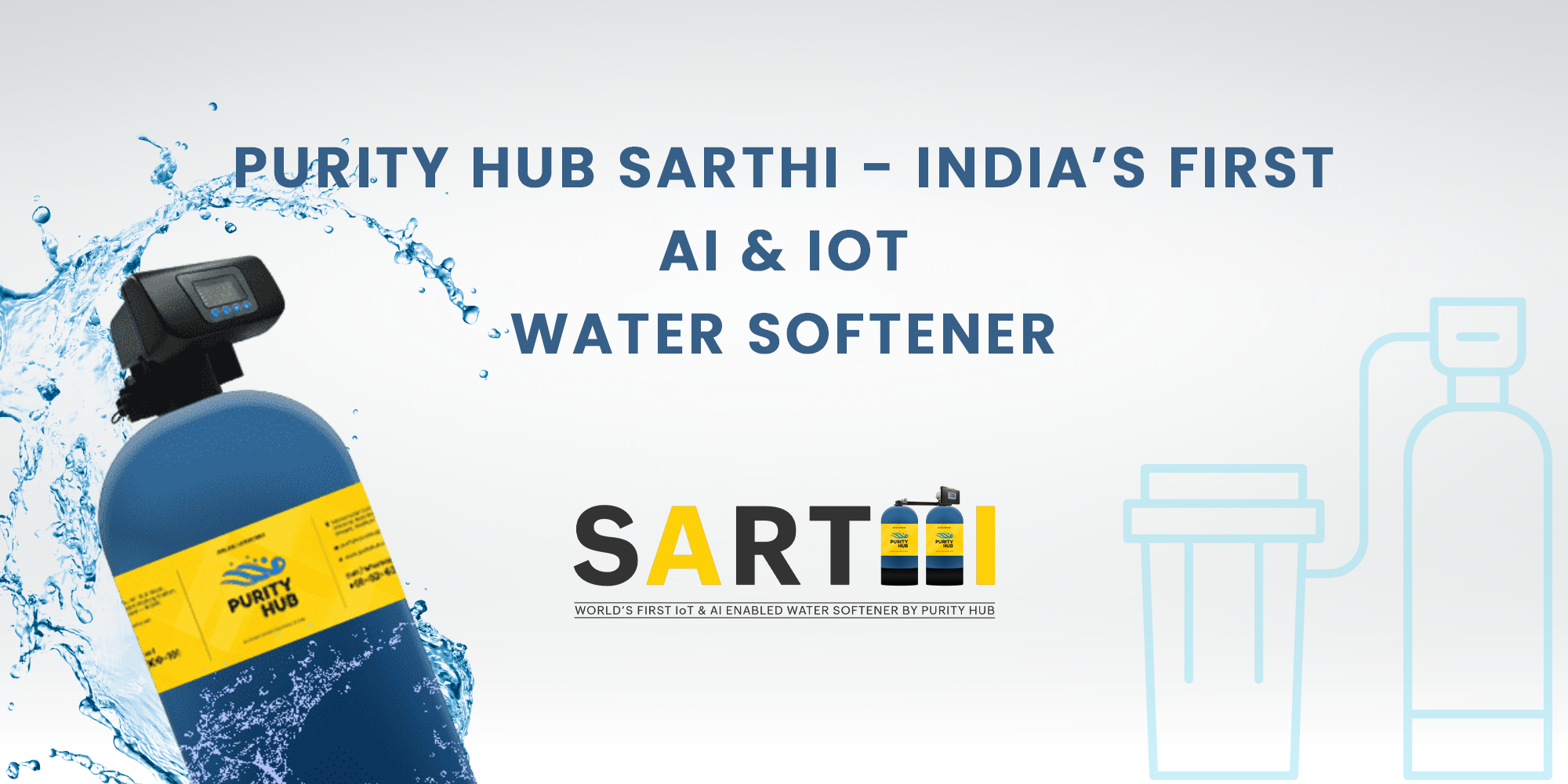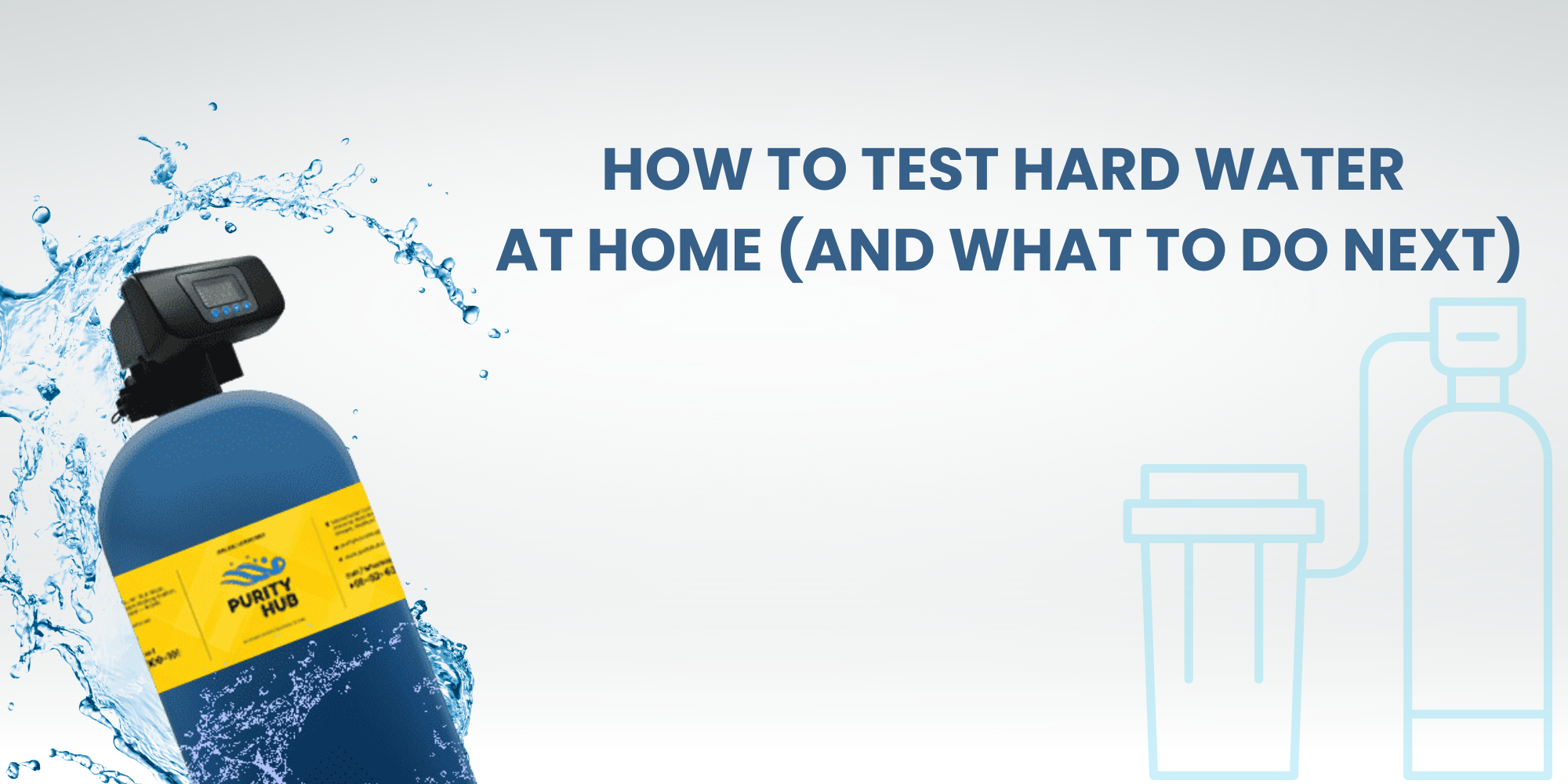
Ensuring the highest quality water for your home is crucial for your health and well-being. One effective method to achieve this is by integrating a sand filter into your water softener system. This addition can significantly improve water quality by removing impurities and enhancing the efficiency of your water softener. If you're considering a water softener installation in Bhopal or want to maintain your existing system, understanding the benefits and steps of using a sand filter is essential. Here's a comprehensive guide on improving water quality with a sand filter in your water softener.
Step 1: Understanding the Role of a Sand Filter
A sand filter is a type of filter used to remove suspended solids from water. It works by filtering water through a bed of sand, which traps impurities and allows clean water to pass through. When integrated with a water softener, a sand filter can help in several ways:
- Enhanced Filtration: The sand filter captures larger particles and impurities before they enter the water softener, protecting the softener's resin bed from clogging and fouling.
- Prolonged Softener Lifespan: By removing debris and particulates, the sand filter reduces the load on the water softener, thereby extending its lifespan and improving its efficiency.
- Improved Water Quality: The dual filtration process ensures that the water entering your home is softened and free from particulates and contaminants.
Step 2: Installing the Sand Filter with Your Water Softener
For those seeking water softener installation in Bhopal, incorporating a sand filter into your setup is straightforward and beneficial. Here’s how to do it:
1. Choose the Right Sand Filter: Select a sand filter compatible with your water softener system. Ensure it has the appropriate flow rate and capacity for your household's water usage.
2. Install the Sand Filter: Place the sand filter before the water softener in your plumbing system. This positioning allows the filter to capture impurities before they reach the softener. You may need a professional plumber for proper installation to avoid leaks or issues.
3. Connect the Systems: Connect the inlet and outlet pipes of the sand filter to the main water line and the water softener, respectively. Ensure all connections are secure and watertight.
4. Test the System: Turn on the water supply and check for leaks once installed. Run water through the system to ensure it flows correctly and that the sand filter functions as expected.
Step 3: Maintaining Your Water Softener and Sand Filter
Regular maintenance ensures your water softener and sand filter operate efficiently. Here are some tips for maintaining your system:
1. Backwashing the Sand Filter: Sand filters require periodic backwashing to remove trapped impurities. This process involves reversing the water flow through the filter to flush out contaminants. Follow the manufacturer’s instructions on how often to perform backwashing, typically once every few weeks.
2. Checking the Softener Salt Levels: For your water softener to function correctly, it needs an adequate salt supply. Regularly check and refill the salt in the brine tank to ensure continuous water softening.
3. Inspecting the Resin Bed: Over time, the resin bed in your water softener can become fouled with iron, manganese, or organic compounds. Consider using a resin cleaner periodically to maintain its efficiency.
4. Professional Servicing: Schedule annual maintenance checks with a professional service provider specializing in water softener maintenance. This is particularly important if using a water filter for water softener in Bhopal, as local water conditions can affect the system’s performance.
Conclusion
Improving water quality in your home involves more than just installing a water softener. Integrating a sand filter can enhance filtration, protect your softener, and ensure you enjoy the best possible water quality. By understanding the role of a sand filter, following proper installation procedures, and maintaining your system regularly, you can achieve clean, softened water for your household needs. Whether you're considering water softener installation in Bhopal or maintaining an existing system, these steps will help you get the most out of your water treatment setup.



